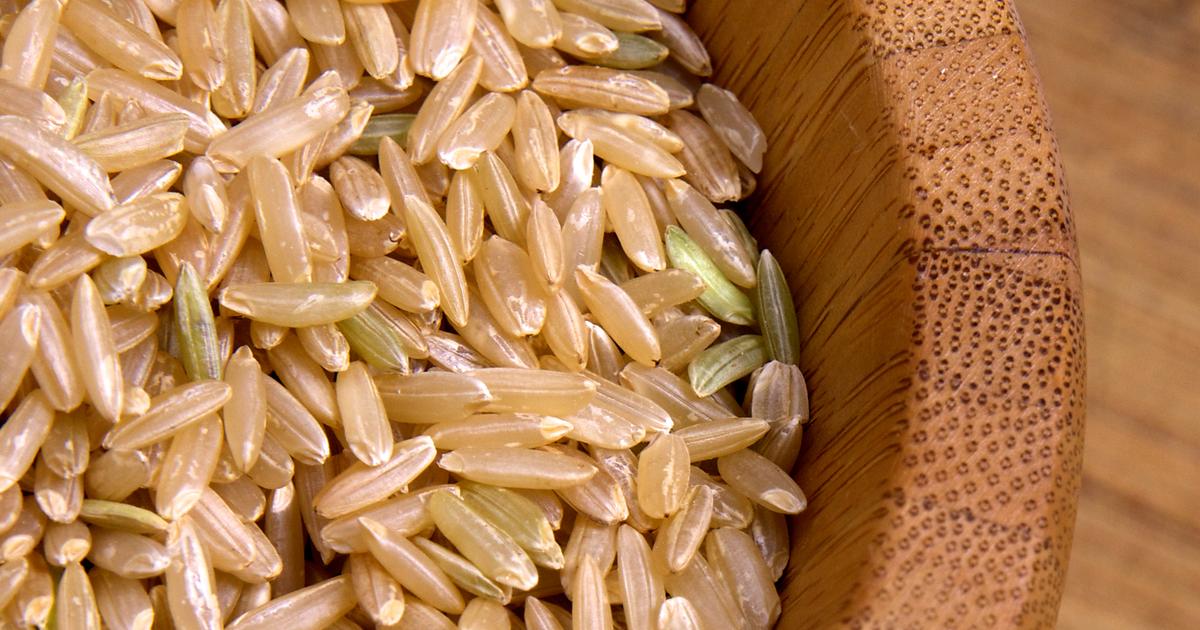Understanding The Gluten-Free Diet And The Lesser-Known Downsides
Alternatives To Gluten Products

Most whole and fresh foods are gluten-free, so instead of going directly to the gluten-free section of a supermarket, the customer should focus on minimally processed foods. Another benefit that comes from whole grains longevity, and a recent study suggests consuming these grains is associated with lower death rates. Some good options are gluten-free oats, brown rice, sorghum, and buckwheat, as well as pseudo-grains such as quinoa and amaranth. Proteins that come from naturally gluten-free foods are highly advisable, for example, chicken, fish, dairy products, fruits, and vegetables. This guidance is recommended to those who are interested in a gluten-free diet but do not have celiac disease.
Read more about the gluten-free diet now.
A Better Option for Gluten Intolerant Individuals

As with any health-related problem, those who have celiac disease or display another kind of gluten sensitivity should seek professional guidance to build a balanced diet. By doing so alone, they may deprive themselves of essential proteins and do more damage to their health. For those who are not sure if they have a gluten allergy, they should seek a doctor and be tested. Only when a diagnosis is made they should start treatment, and never without professional help.
With many different diets around, there are a plethora of options for those who can and cannot eat gluten. What is important is to have a balanced and healthy diet that agrees with their body.
Uncover why going gluten-free can be an issue now.
